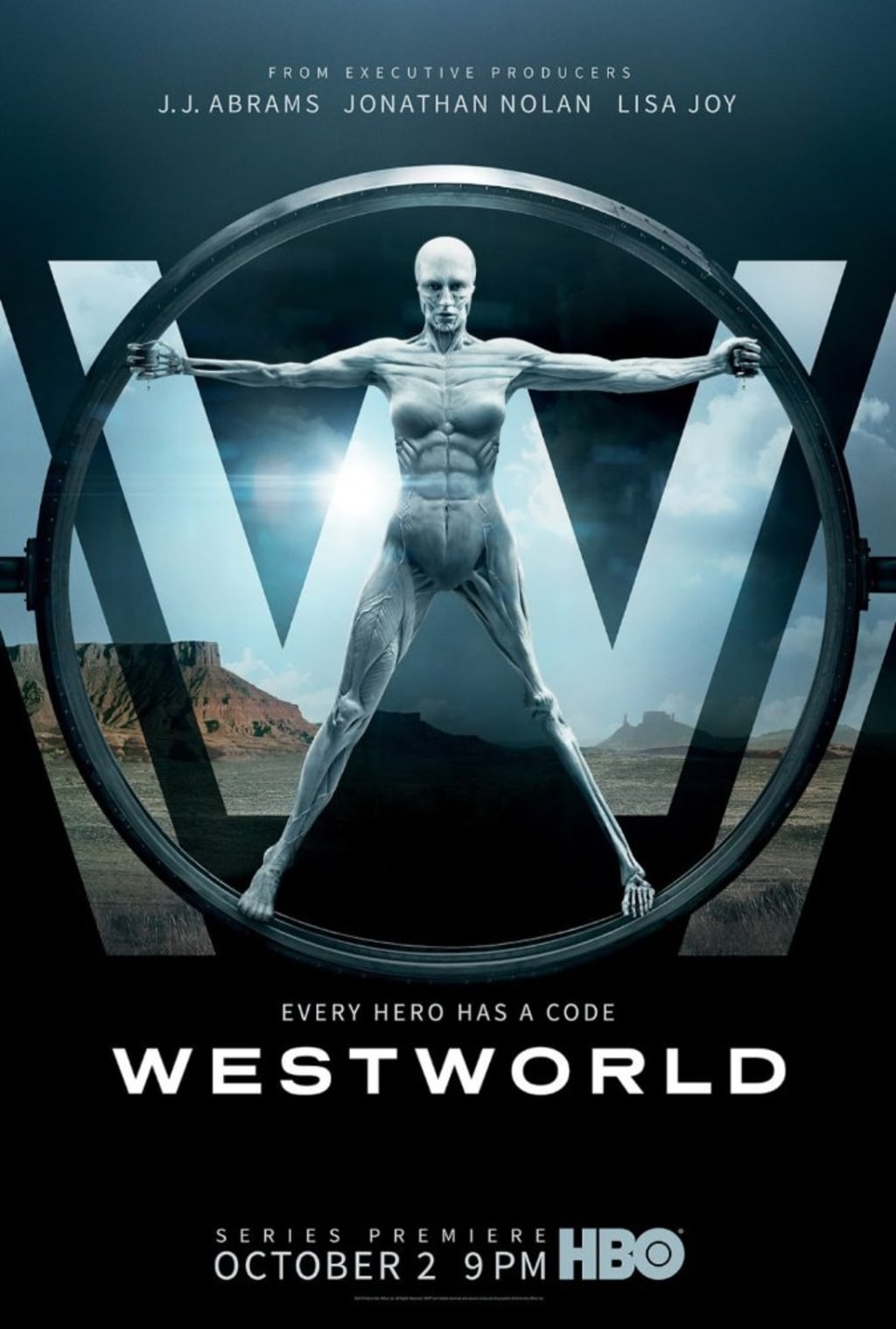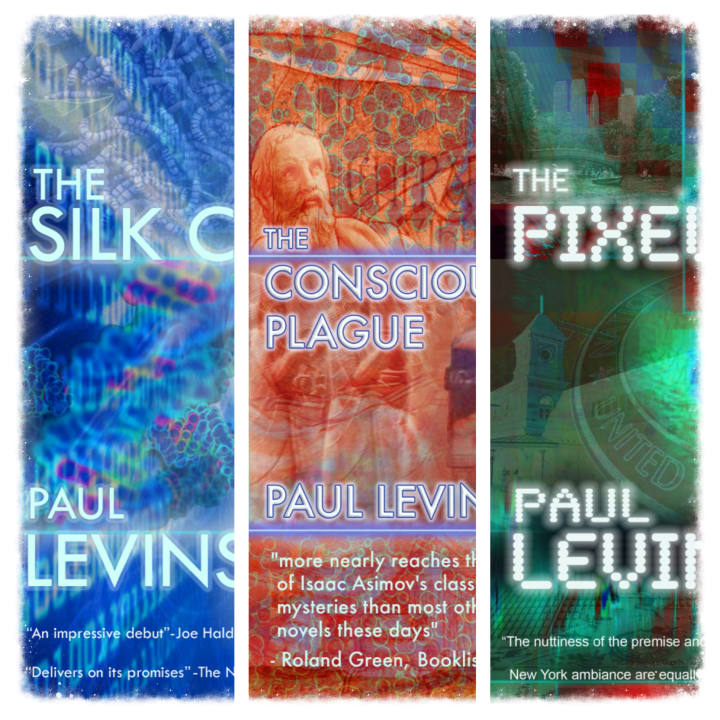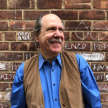
Much revealed in this excellent episode 1.8 of Westworld.
Probably the most important: there are two kinds of programs afoot in Westworld, two kinds of stories (or two kinds of kinds of stories, to be more precise): Ford's and Arnold's. Ford's we pretty much know—though not the new story he keeps talking about—and Arnold's not much or any of it at all.
We learn from Ford that Arnold went crazy-mad over the paradox of programming beings that were sentient, yet in a way that keep them subject to programmer orders (the civil rights of robots, as I discussed in earlier reviews, and spelled out a little in this paper).
So presumably in the minds of our major hosts, we have a war between these two types of programs—a war in each mind—which gives us a better but still not completely clear idea of the bicameral mind (ala Julian Jaynes) that we heard about some episodes back.
Whatever is actually going in each of these host's minds, we now know this: none of them can keep those deep memories totally submerged, however much Ford or Bernard may order them to do—or just move the memories down to the bottom of the little tablet screen. For Bernard, who we now know is a host, these un-erasable memories include at least two murders of human beings, the second we saw last week, the first who knows when, presumably both at Ford's command, though we can't be sure about the first. For Maeve, it's the awful memory of the killing of her daughter by the Man in Black (for more about that, see below). For Dolores, it's the memory of some kind of carnage in the town. Teddy may be having some of this double memory, too.
Significantly, Bernard can kill humans (presumably only at Ford's command, but who knows), and Maeve, even more profoundly, can kill in her own self-protection—that, by the way, being a defining characteristic of life. Teddy definitely can not—at least, not the Man in the Black.
Which is the other big revelation: the Man in Black tells Teddy his back story, and his life as a human tycoon (hmm....). This sounds pretty convincing. But earlier, Ford was even more convinced about humans and androids actually being pretty similar, in that both live in stories that are constructed (presumably the main difference being that we humans construct most of our own stories.) Yet, I was just watching The Crown on Netflix, and struck by how much the royals are hostages to the stories that they are obliged to follow. But back to Westworld: is the Man in Black just telling Teddy a story written by a programmer, or the true story of his human life?
Ford, again, says there's not all that much difference. My guess is the MIB is a human—but maybe it doesn't matter as much as we may think—maybe that's the message. I do know this series is a masterpiece already—a triumph of story telling (I guess wasn't it to see Banshee's Lili Simmons back on the screen!
The Silk Code, The Consciousness Plague, The Pixel Eye

About the Creator
Paul Levinson
Novels The Silk Code & The Plot To Save Socrates; LPs Twice Upon A Rhyme & Welcome Up; nonfiction The Soft Edge & Digital McLuhan, translated into 15 languages. Best-known short story: The Chronology Protection Case; Prof, Fordham Univ.






Comments
There are no comments for this story
Be the first to respond and start the conversation.